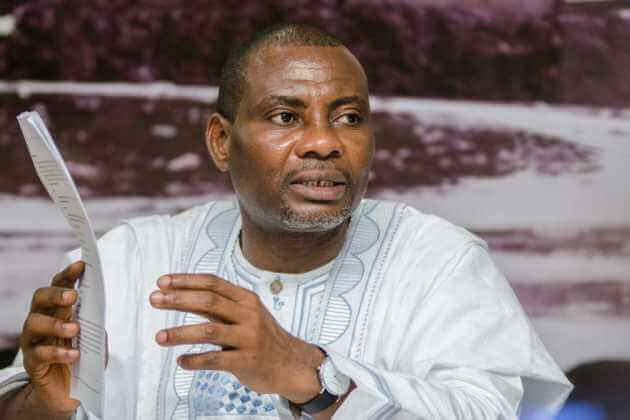AFRICA Olympio Attipoe South Sudan on Friday signed a framework agreement with Trade Mark East Africa (TMA), a regional trade facilitating body, to ease movement of humanitarian cargo and relief supplies in the country. Olympio Attipoe, head of the National Revenue Authority (NRA), lauded the memorandum of understanding reached between the two parties that will include setting up of the digitized regional electronic cargo tracking system and trade information portals to help improve revenue collection. "The MoU being signed today is very significant and timely because of the current macro-economic realities in the country and the government's quest to diversify revenue base from overreliance on oil revenue to non-oil revenue," he told journalists in Juba. He said that the support from Trade Mark East Africa and other development partners meets the general objective in chapter four of the signed revitalized peace agreement as it aims to improve on fiscal sustainability, transparency and accountability of revenue. South Sudan, a member of the East African Community that includes Uganda, Kenya, and Tanzania, Burundi and Rwanda, is already implementing the non-oil revenue mobilization and accountability project funded by the African Development Bank (AfDB) aimed at enhancing non-oil revenue administration. "The MoU will shape the present and future relationship between the two organizations and define how national revenue authority and Trade Mark East Africa will continue to work together on technical and infrastructure support to customs division of the national revenue authority," said Attipoe. He also noted that besides supporting capacity building of the customs...
South Sudan inks deal with regional trade lobby to ease movement of cargo
Posted on: August 28, 2019
Posted on: August 28, 2019



















